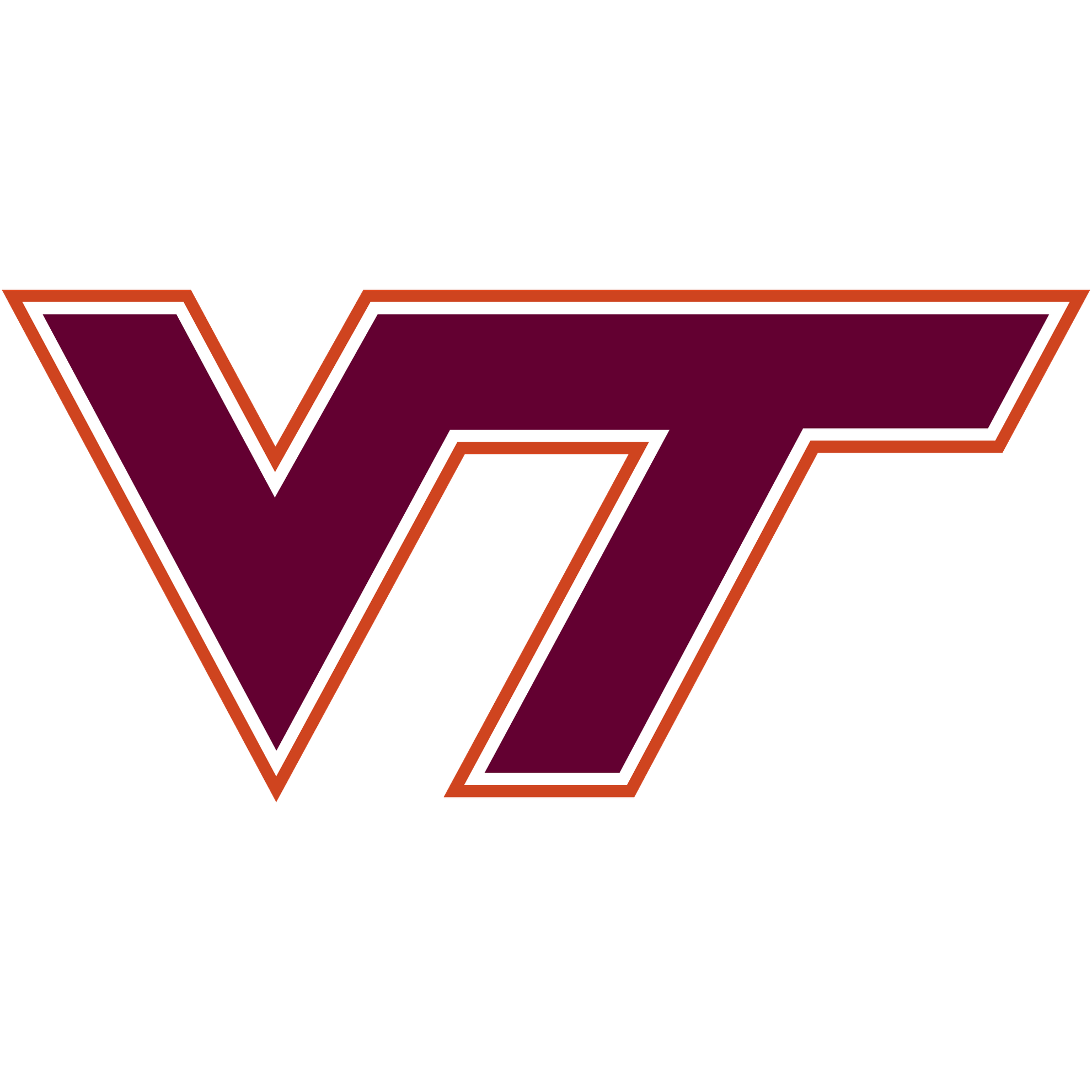Dear Hokie Nation,
On Friday, the settlement in the House v. NCAA case received final approval from the United States District Court. This moment marks a historic turning point in college athletics and the beginning of a new era for all of us — student-athletes, universities, fans and communities alike.
This new framework introduces student-athlete revenue sharing, removes scholarship limits in favor of roster limits, and brings long-overdue structure and transparency to a system that desperately needed both. It will redefine how we operate, how we compete and how we support our student-athletes moving forward.
The settlement also presents major financial challenges for all of us, with an expected increase in annual costs in the tens of millions of dollars. Like many in the Power Four, we will continue to identify new revenue streams and evaluate how we support our enterprise moving forward. With challenge comes opportunity — and Virginia Tech is ready.
There will be renewed emphasis on the Hokie Club and its critical role in our future. Hokie Club membership remains the most direct and impactful way our fans, donors and alumni can help us meet this moment and continue building a model that supports our student-athletes at the highest level.
We are not just responding to change — we are preparing to lead through it. We have been working diligently behind the scenes on our path forward for over a year now.
At Virginia Tech, we are firmly aligned with the Board of Visitors, President Sands and university leadership in our vision to compete at the highest level, elevate the student-athlete experience, and strengthen the role athletics plays in advancing our university, community and region. That commitment has not changed — it’s only grown stronger.
We have a proud tradition, a passionate fanbase and a growing foundation of support through the Hokie Club and “new era” NIL efforts like Triumph. These are the cornerstones that will help us compete — and win — at the highest level in this next chapter of college athletics.
With the House settlement approved, the NCAA and the Power Four conferences will now be responsible for implementing and enforcing the terms of this settlement. To oversee this process, the College Sports Commission was established and will be led by former MLB executive Bryan Seeley. The Commission will play a central role in ensuring accountability, enforcement and fairness in revenue sharing and NIL.
We are in the final stages of implementation, with details still emerging between now and the official start of this framework on July 1.
I recently sat down with Bill Roth to discuss all of this and more, including our strategy and priorities for the year ahead. I encourage you to listen when you have time. These conversations are important, and they will continue.
To learn more about the settlement and its anticipated impact on Virginia Tech Athletics, please refer to these frequently asked questions.
Now, more than ever, your continued support matters. This is a moment to come together, invest in our future and stand strong for the programs and people who make us proud to be Hokies.
To all of you — thank you. Your loyalty, your belief and your support are what give us the confidence to move boldly into this next chapter.
We’re in this together. And the best is still ahead.
Go Hokies,
Whit Babcock
Director of Athletics
